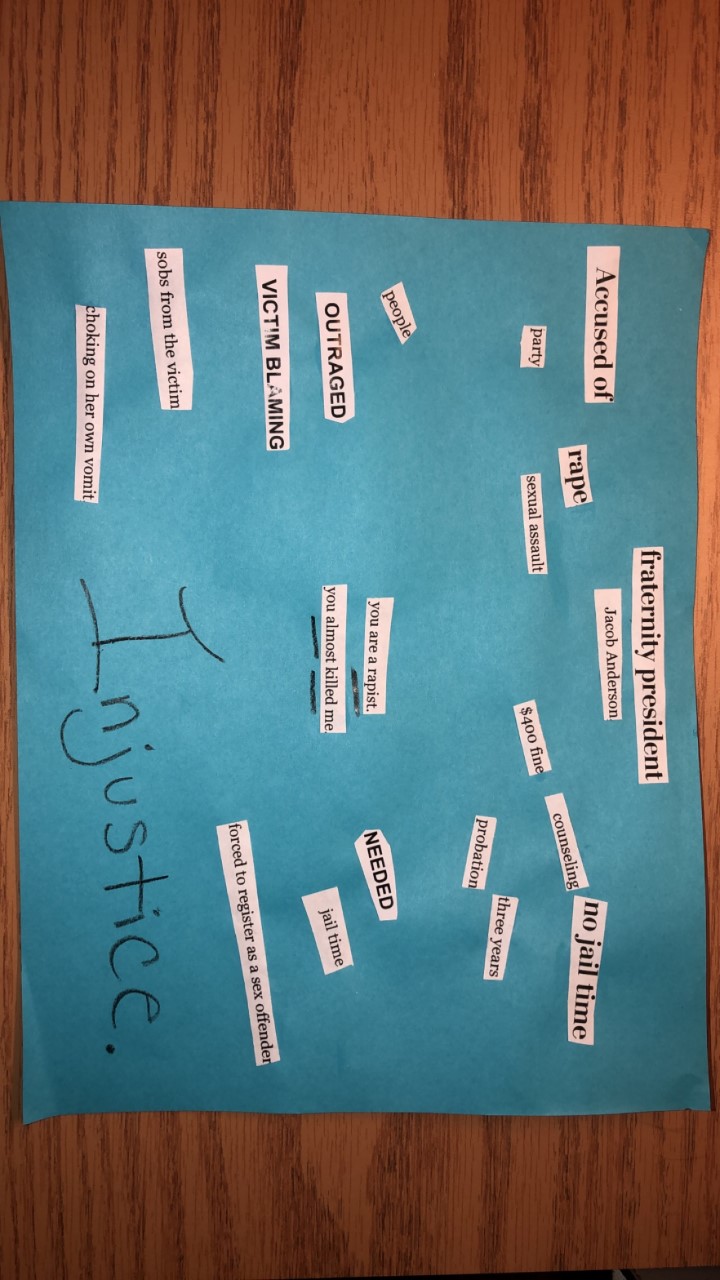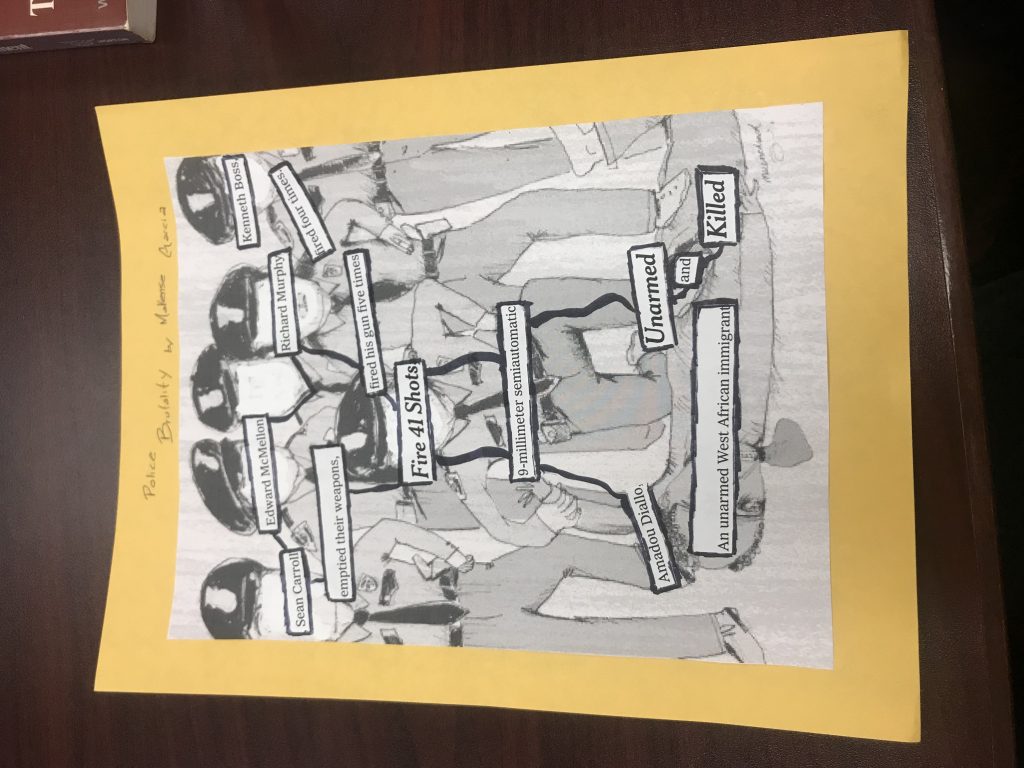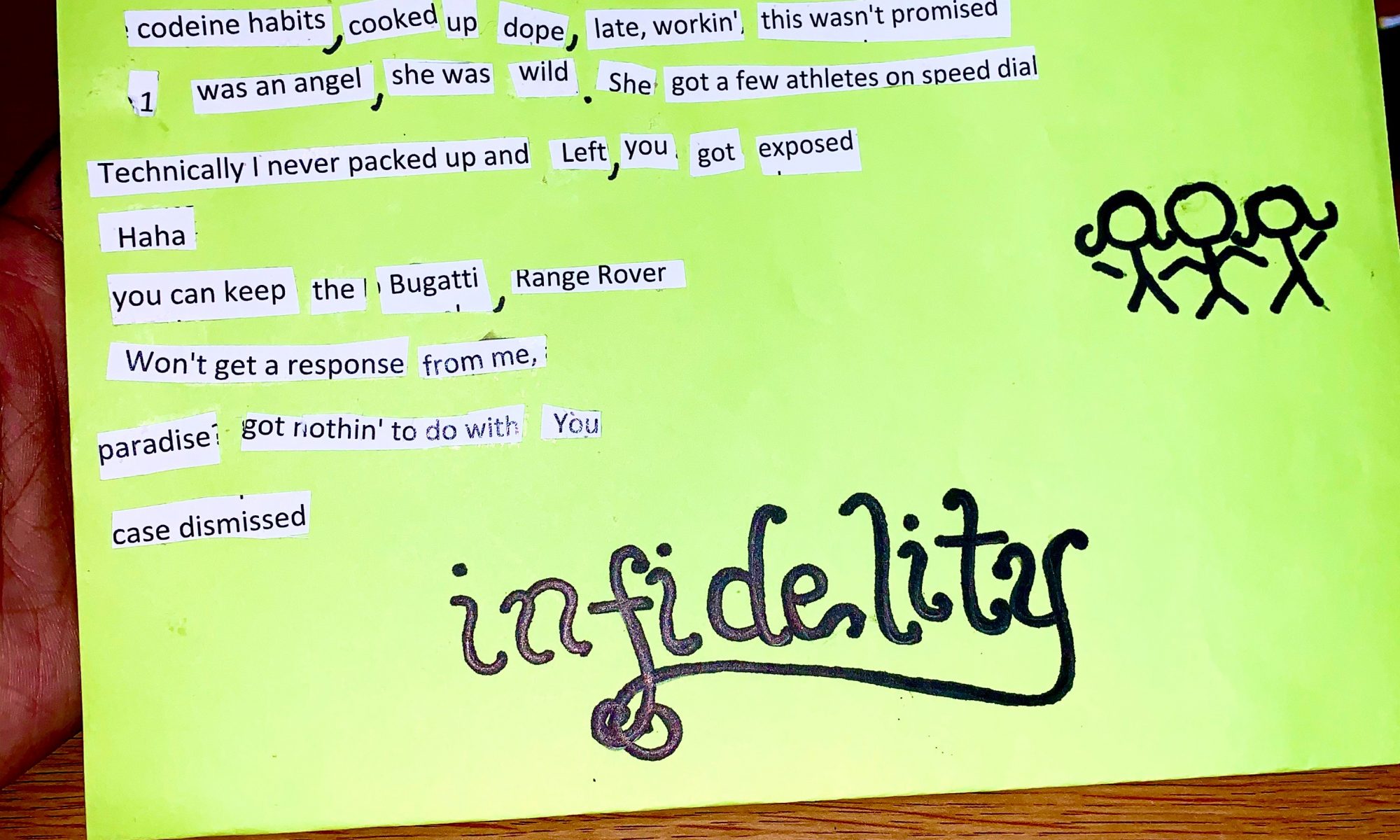Cultural Assimilation in Literature
By Makense, Ryan, Chris
Definitions
The Merriam-Webster Dictionary provides us with multiple meanings of “assimilation.” Assimilation is a noun and defined as “the process through which individuals and groups of differing heritages acquire the basic habits, attitudes, and mode of life of an embracing culture” (MWD). Assimilation has a couple of related terms such as acculturation and amalgamation. Although these three words deal with culture, there are notable differences. For example, acculturation deals with “political conquest or expansion, and is applied to the process of change in beliefs or traditional practices that occurs when the cultural system of one group displaces that of another” (MWD). Amalgamation is “a blending of cultures, rather than one group eliminating another or one group mixing itself into another” (MWD). In essence, assimilation is adjusting one’s attitudes, behaviors, traditions, or customs in an attempt to blend in with the dominant culture.
Etymology
< In Physiology, “absorb into and make part of the body,” from Latin assimilatus, past participle of assimilare, assimulare “to make like, copy, imitate, assume the form of; feign, pretend,” from assimilated form of ad “to” + simulare “make similar,” from similis “like, resembling, of the same kind.”
Keyword in Action
One way to remember this word is to break down the word (as) and (similate) which means trying to be as similar to another culture or nation. The influence of assimilationism can be seen in Lorraine Hansberry’s A Raisin in The Sun, through the play’s racially segregated society when Mr. Linder oppresses the Younger family, and the values of Asagai and George.
In Act II scene III, the Younger family wanted to move into a nicer neighborhood. Residing in a White neighborhood, indicated for the Younger family that they are able to support themselves like a White, not like a “low” Black person. By moving into Clybourne Park, a predominantly white neighborhood, the Younger family will inevitably adapt and confine into the White culture.
Asagai, George, and Beneatha all show the different perspectives of assimilation. Asagai advocates to keep his culture alive. In Act II, when Beneatha says, “Mr. Asagai – I want very much to talk with you .. I am looking for my identity!” she goes to Asagai to educate her about African culture (62). After being in America for a limited amount of time, Asagai sees that black people have abandoned their heritage and assimilate into White culture.
George, Beneatha’s suitor, does not want to acknowledge his African culture because he is ashamed of his heritage (Hansberry 80). George remarks to Beneatha that her heritage is “nothing but a bunch of raggedy – assed spirituals and some grass huts!” (Hansberry 81). George is a scholarly man who cares and wants to further his future but knows the barriers of doing so because he is African American. In essence, George condemns his African heritage to appear more “white” and to be accepted by society so that he can achieve the future he wants.
In Act II scene I, Beneatha remarks that she is not an assimilationist negroe (51). George Murchison has a heated debate with her when he comes to pick her up and she is dancing with her brother in a traditional African costume. It appears that George has assimilated to white culture by the way he dresses as well as the way he acts. He talks about their heritage negatively and chides Beneatha for wearing the African garb. Beneatha tells him that she is not an assimilationist and that she would rather stay true to her heritage than try to be more like a white person. An example of this would be her hair. She does not try to straighten it to look like a white woman’s hair, but instead lets it grow naturally into an afro. As seen throughout the play, Assimilation occurs because black people want to be equal to the dominantly white society.
The Woman Warrior by Maxine Hong Kingston, a Chinese American writer, is a memoir that introduces the struggle of assimilating to the American culture while growing up in a Chinese household. However, it is not the main idea of the memoir. This memoir holds only a few instances of assimilation in her life. Kingston shares her feelings of displacement and frustration due to being a Chinese-American. Being the first generation born in America, it was troublesome to appease the restrictions of the traditions of the emigrants with the relative freedom of life in America. Being Chinese-American typically means one is torn between each world while not being a part of either. Kingston feels different from her American classmates as she does from her own relatives. For a Chinese-American woman it would be frustrating because of the several everyday traits of a Chinese woman, for example, a loud speaking voice which stereotypically they do not have. Kingston never went to China while writing her memoir. She struggled to delineate the distinction between what was Chinese and what was peculiar to her family. In a way Kingston was assimilating to the American culture while struggling to keep up with her own Chinese culture. She has only really experienced the American culture rather than her own Chinese culture.
The last Chapter of Kingston’s memoir “A song for a barbarian reed pipe” lists a few examples of how Kingston struggled with the American culture growing up. Kingston states “When I went to kindergarten and had to speak English for the first time, I became silent. A dumbness-a shame-still cracks my voice in two” (Kingston 165). This quote displays the difficulty of being soft spoken and having the fear that Kingston faced trying to speak English. Furthermore, Kingston began to struggle more than before due to her being so silent causing her to flunk kindergarten. In addition, her sister and other Chinese girls had also been silent, displaying a wider range of who it affected. Assimilation in Kingston’s memoir refers more to the Latin etymology, to make similar or to copy. Many different cultures had been forced to assimilate to the English culture, for example, the Native Americans who had their land taken by the voyagers. Kingston mentions a story told by her mother, the story in summary is about a Chinese poet who was forced to assimilate to a Non-Chinese barbarian tribe. However, this poet could not fully assimilate to the Non-Chinese people. Kingston brings this story into her memoir because the poet reminds Kingston of herself and her own mother referring to themselves as foreigners.
Another instance of assimilation in A Woman Warrior, by Maxine Hong Kingston is the failed expectations a “new world” can bring. Kingston has all these amazing ideas of what America was going to be like for her, although her childhood during the story is about as regular as any other child in America at her time. Her failed expectations for America are highlighted when Kingston states, “From the words on my back, and how they were fulfilled, the villagers would make a legend about my perfect filiality. My American life has been such a disappointment” (45). Kingston must have had all these expectations of what America would be like for her, but as she grows up she realizes her life is not extraordinary. With assimilation, high expectations that are often not met are often seen. Especially with groups moving to the United States, they may expect the roads to be “paved with gold,” but in reality it is very similar to their original location (besides language & general culture). Also, a threat of assimilation and its failed expectations are potential racism, and that is seen all throughout “A Raisin in the Sun,” by Lorraine Hansberry.
Works Cited
“Assimilation | Search Online Etymology Dictionary.” Index,
www.etymonline.com/word/assimilate.
“Assimilation.” Merriam-Webster, Merriam-Webster, www.merriam-webster.com/dictionary/assimilation.
Hansberry, Lorraine. A Raisin in the Sun. New York, 1959.
Kingston, Maxine Hong. The Woman Warrior: Memoirs of A Girlhood Among Ghosts. Vintage International, 1976.




